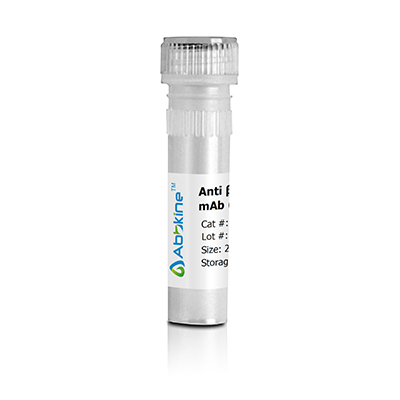INPP5D is a member of the inositol polyphosphate-5-phosphatase (INPP5) family and encodes inositol polyphosphate-5-phosphatase D with an N-terminal SH2 domain, an inositol phosphatase domain, and two C-terminal protein interaction domains. Expression of inositol polyphosphate-5-phosphatase D is restricted to hematopoietic cells where its movement from the cytosol to the plasma membrane is mediated by tyrosine phosphorylation. At the plasma membrane, the protein hydrolyzes the 5' phosphate from phosphatidylinositol (3,4,5)-trisphosphate and inositol-1,3,4,5-tetrakisphosphate, thereby affecting multiple signaling pathways. Inositol polyphosphate-5-phosphatase D is also partly localized to the nucleus, where it may be involved in nuclear inositol phosphate signaling processes. Overall, the protein functions as a negative regulator of myeloid cell proliferation and survival. Mutations in INPP5D are associated with defects and cancers of the immune system. Alternative splicing of this gene results in multiple transcript variants.
Phospho-SHIP-1 (Y1021) Polyclonal Antibody detects endogenous levels of SHIP-1 protein only when phosphorylated at Y1021.
Optimal working dilutions should be determined experimentally by the investigator. Suggested starting dilutions are as follows: WB: 1:500-1:2000, ELISA: 1:40000. Not yet tested in other applications.
SHIP-1 (phospho Tyr1021) Polyclonal Antibody product listed herein is for research use only and is not intended for use in human or clinical diagnosis. Suggested applications of our products are not recommendations to use our products in violation of any patent or as a license. We cannot be responsible for patent infringements or other violations that may occur with the use of this product.
Find more details at http://www.abbkine.com/product/ship-1-phospho-tyr1021-polyclonal-antibody-abp50431.
bio-equip.cn




